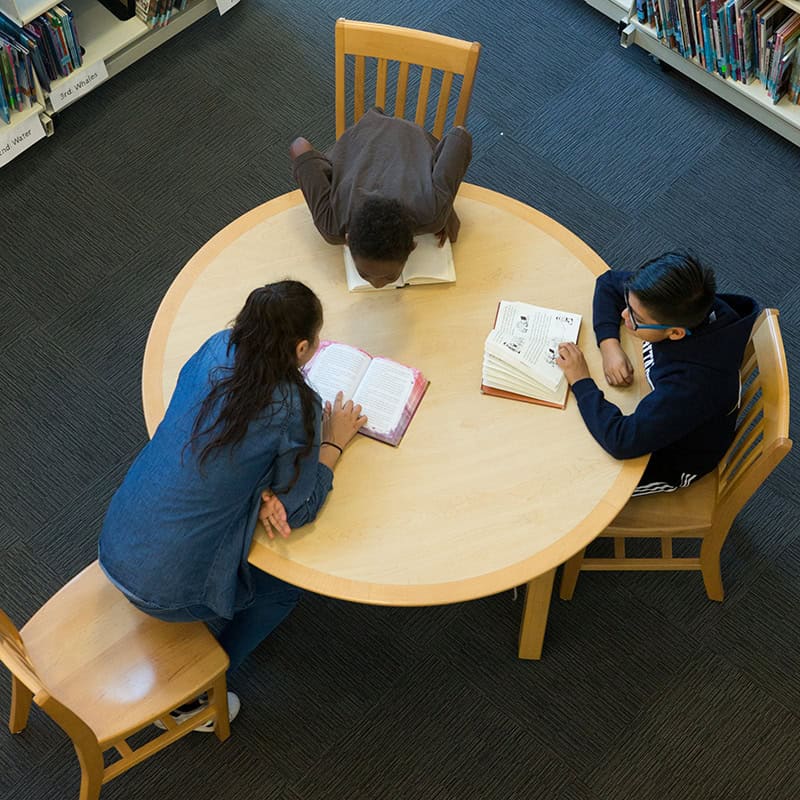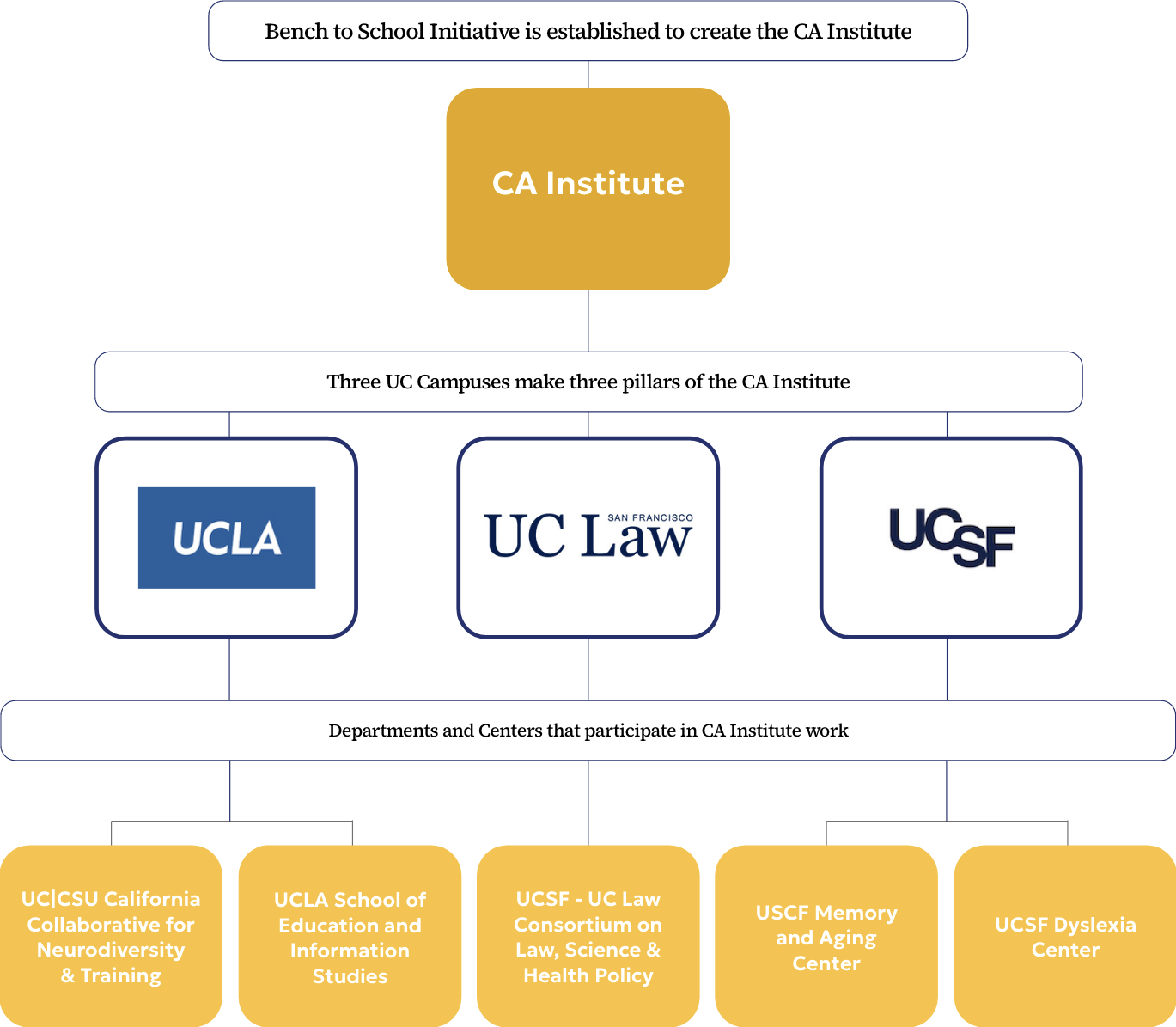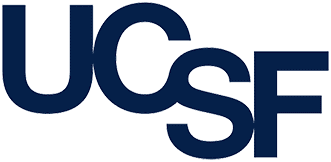What We Do
Funded by state appropriations, the CA Institute supports sustained research and programming integrating bench science – behavioral psychology and neuroscience – with law and policy innovations and educational initiatives aimed at empowering literacy and learning for California’s children and youth.
The CA Institute aims to disrupt the school-to-prison pipeline in the state by addressing literacy outcomes in school and judicial settings. By targeting literacy and learning, the CA Institute fosters strategies to prevent justice involvement and ultimately to maximize the potential of all California youth. To achieve this transformation, the CA Institute engages in the following:
- RESEARCH: We use science and interdisciplinary research to expand knowledge on vulnerable youth in both school settings and justice related environments. The three-campus structure of the CA Institute provides expertise in the fields of law, neuroscience and education and develops interdisciplinary research projects.
- SCIENCE-DRIVEN POLICY SUPPORT: We translate new scientific knowledge, study results, along with legal analyses and longitudinal evaluations to local and state lawmakers to inform their policy development.
- IDENTIFY AND SUPPORT INNOVATIVE PRACTICES: We identify and elevate innovative practices through building partnerships and collaborations with an array of youth serving organizations across the state of California.
- EVALUATION AND REPLICATION: We help to evaluate and highlight successful, innovative model programs through the use of academic research and through building interdisciplinary networks of stakeholders, researchers, and policy makers. The CA Institute relies upon evidence-based data analysis to evaluate successful models and to advocate for their replication within and outside the state of California.

Purpose Statement
Our mission at the California Institute on Law, Neuroscience, and Education is to advance integrated and inclusive research that studies factors related to youth success. By uniting multiple perspectives, we aim to reshape legal, health and educational systems, policies, and practices, so that every child in California can thrive in school, career, and life.
To achieve this end, the CA Institute works with the Office of Youth and Community Restoration (OYCR) out of California Health and Human Services to expand interdisciplinary research on the intersection of neuroscience and law, investigate socioeconomic factors impacting education, develop collaborative research protocols, and conduct longitudinal studies on outcomes of innovative programs.
Structure
The CA Institute is a multi-campus collaboration between the University of California, College of the Law, San Francisco (UC Law SF); the University of California, San Francisco (UCSF); and University of California, Los Angeles (UCLA). The details regarding the creation, structure, and duties of the CA Institute can be found in Chapter 5.7 of the California Education Code.


UCLA
UCLA School of Education & Information Studies
The work of UCLA School of Education & Information Studies is guided by the principles of individual responsibility and social justice, an ethic of caring, and commitment to the communities it serves.
UCLA School of Education & Information Studies is dedicated to inquiry, the advancement of knowledge, the improvement of professional practice, and service to the education and information professions. It develops future generations of scholars, teachers, information professionals, and institutional leaders.
UC|CSU Collaborative on Neurodiversity and Learning
UC|CSU California Collaborative on Neurodiversity and Learning brings together top experts from the University of California and the California State University to re-imagine teacher education to better focus on the science of reading, with the shared goal of exponentially increasing literacy for our next generation. The goal of its work is to use cutting-edge knowledge to propel literacy development from infancy through adulthood. Improving literacy is one of the great civil rights issues of this generation. Californians must work together to secure equal access to quality literacy instruction for all our children. Doing so is key not only to our children’s literacy and well-being, but also to our communities, democracy, and economy.

UC Law SF
UCSF - UC Law Consortium on Law, Science & Health Policy
When UC Law SF (formerly UC Hastings) was established in 1878 as the original law department of the University of California, it was decided that the College should prepare lawyers for the practice of law within close proximity to the courts, in the heart of the booming city of San Francisco.
Founded in 2008, the UCSF – UC Law Consortium on Law, Science & Health Policy leverages law and policy to address the conditions in health care systems and society that together enable health and well-being. The Consortium envisions a world in which all individuals and communities can attain the highest level of health possible, defined on their own terms. To this end, the Consortium builds multidisciplinary and multistakeholder collaborations among faculty and students of UC Law SF and UCSF and the patients, clients, communities, and organizations we serve. Through these collaborations, we engage in education and training, research, and public service that advances health and health equity. In all areas, the Consortium’s work is guided by core values of empathy, intellectual and academic integrity, and optimism.

UCSF
UCSF Dyslexia Center
The mission of the UCSF Dyslexia Center is to eliminate the debilitating effects of developmental dyslexia while preserving and even enhancing the relative strengths of each individual. In addition, the Center aims to develop best practice protocols to implement individually catered interventions in classrooms throughout the country.
To accomplish our mission, the Center has assembled an interdisciplinary team of preeminent scientists to contribute to the multifaceted approach in characterizing the strengths and weaknesses associated with developmental dyslexia; enlisted the talents of renowned neuroscientists, geneticists and clinicians across language, reading, cognition, aging, visuospatial, aging and social domains to help to excel in examining the whole person throughout the lifespan; and utilized the newest neuroimaging and genetic techniques in individuals and families to evaluate neurobiology as it relates to cognitive and biological phenotypes.
Finally, the Center works closely with schools and educators to apply the knowledge gained from this unique program to develop early interventions and educational strategies to help children with dyslexia thrive.
Memory and Aging Center, UCSF
For more than 20 years, the UCSF Memory and Aging Center (MAC) has been providing model care for patients and their families, finding innovative ways to understand and discover treatments for neurodegenerative diseases, and reaching out to the wider community to raise awareness about these diseases of aging.
The UCSF Memory and Aging Center has grown from a single faculty member in 1998 into a major center for dementia care, research and education. Today, the UCSF Memory and Aging Center employs over 250 talented faculty and staff and enlists the support of more than 40 volunteers. It houses 38 faculty members from the fields of neurology, geriatrics, psychiatry, cognitive psychology, neuroscience and nursing, and has cared for more than 10,000 patients in clinical and research programs.